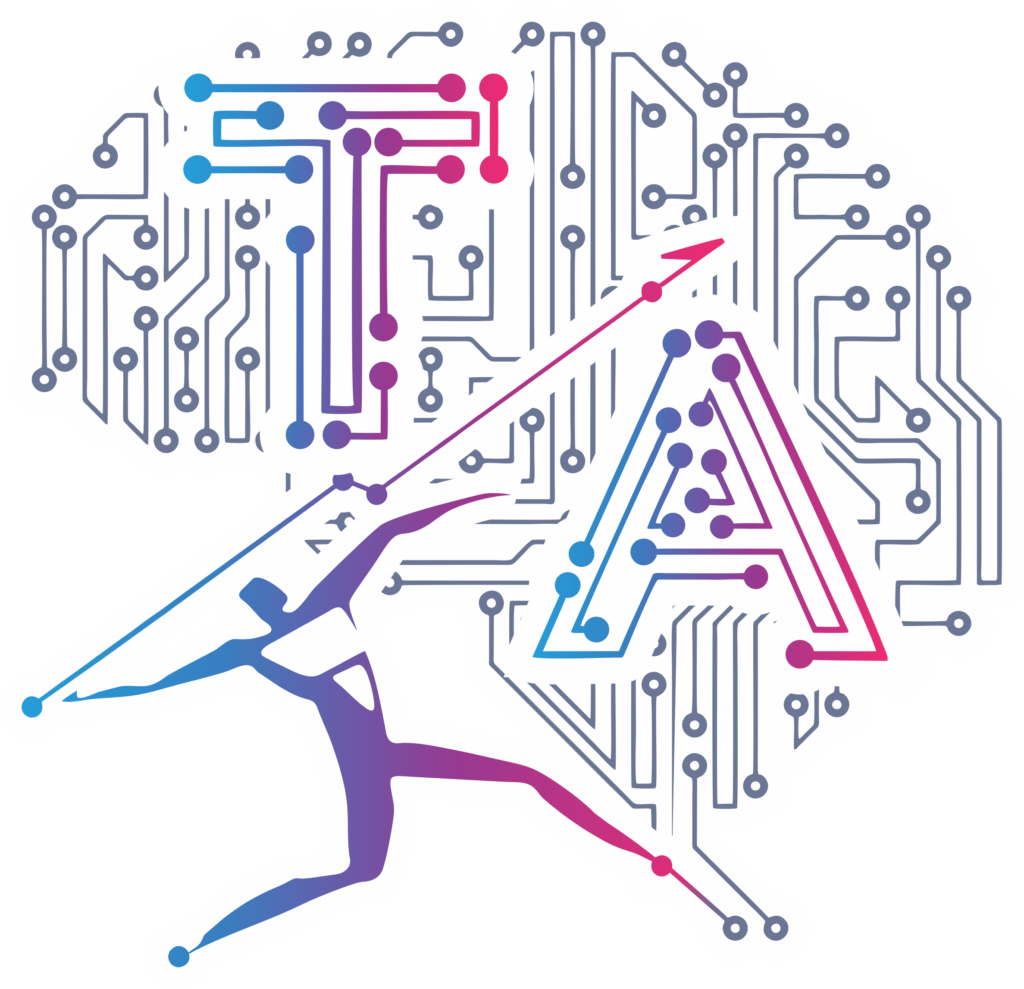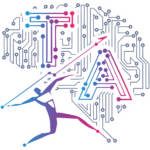What is GitHub?: A Detailed Explanation
Introduction
Hey there! If you’ve ever wondered what the buzz is all about when it comes to GitHub, you’ve come to the right place. In this article, we’ll delve into the fascinating world of GitHub and give you a detailed explanation of what it is and why it’s such a big deal. So grab a cup of coffee and get ready to dive in!
Section 1: Getting to Know GitHub
Alright, let’s start at the beginning. GitHub is a web-based platform that serves as a version control system for developers. It’s designed to make collaborating on software projects easier and more efficient. But what exactly is version control? Well, imagine you’re working on a project with a team of developers. Everyone is making changes to the code, and things can get pretty messy, right? That’s where version control steps in.
With GitHub, you can track changes made to your code over time. It allows you to create different versions of your project, making it easier to manage and collaborate with others. You can think of it as a time machine for your code, allowing you to go back in time and view or revert to previous versions. Pretty cool, huh?
Section 2: The Power of Collaboration
Now, let’s talk about one of the most awesome aspects of GitHub: collaboration. Whether you’re working on a small project with a few people or a massive open-source endeavour with thousands of contributors, GitHub provides a platform where developers can come together and work seamlessly.
Using GitHub, multiple developers can work on the same project simultaneously, making changes, suggesting improvements, and fixing bugs. The platform offers features like pull requests, which allow developers to propose changes to the project and have them reviewed by others before merging them into the main codebase. This ensures that code quality is maintained and that everyone’s ideas are taken into account.
Section 3: Exploring GitHub’s Features
GitHub is packed with features that enhance the development process. Let’s take a closer look at some of the key ones:
3.1 Repositories
In GitHub, a repository, often referred to as a “repo,” is the heart and soul of your project. It’s where all your code and project files live. Repositories can be either public or private, depending on whether you want the world to see your code or keep it under wraps. They can also be forked, allowing developers to create their own copy of a repository to work on independently.
3.2 Issues and Bug Tracking
Bugs happen, and that’s where GitHub’s issue-tracking system comes in handy. Developers can report issues they encounter in a project, such as bugs or feature requests, and discuss them with the rest of the team. This helps in organizing and prioritizing tasks, ensuring that nothing falls through the cracks.
3.3 Wikis and Documentation
Documentation is crucial for any software project, and GitHub provides tools for creating wikis and maintaining comprehensive documentation. Wikis allow developers to collaborate on writing guides, tutorials, and other supporting materials, making it easier for contributors to understand and contribute to the project.
Section 4: Beyond Code: GitHub and the Open-Source Community
GitHub has become the go-to platform for the open-source community, where developers from all around the world come together to create amazing projects. It serves as a central hub for open-source software, enabling developers to share their work, collaborate, and receive feedback from a global audience.
The open-source ecosystem on GitHub is vast and diverse. From programming languages and frameworks to tools and libraries, you’ll find a plethora of open-source projects that you can contribute to or learn from. It’s a treasure trove of knowledge and a testament to the power of collaboration and community.
Section 5: GitHub and Your Career
Lastly, let’s talk about the impact GitHub can have on your career as a developer. Having an active GitHub profile and contributing to open-source projects can significantly boost your visibility and credibility in the tech industry. Employers often look at candidates’ GitHub profiles to assess their coding skills, collaboration abilities, and involvement in the community.
By showcasing your projects, contributions, and collaborations on GitHub, you can demonstrate your passion for coding, your problem-solving abilities, and your dedication to continuous learning. It’s like having a digital portfolio that speaks for itself and can open doors to exciting career opportunities.
Wrapping Up
And there you have it—a detailed explanation of what GitHub is all about. We’ve covered its role as a version control system, its powerful collaboration features, the various tools it offers, its significance in the open-source community, and its potential impact on your career. GitHub has truly revolutionized the way developers work together, and its influence continues to grow.
So, if you’re a developer or aspiring to become one, it’s time to dive into the world of GitHub. Explore its features, join open-source projects, and make your mark in the vibrant developer community. The possibilities are endless, and the journey is just beginning. Happy coding!


